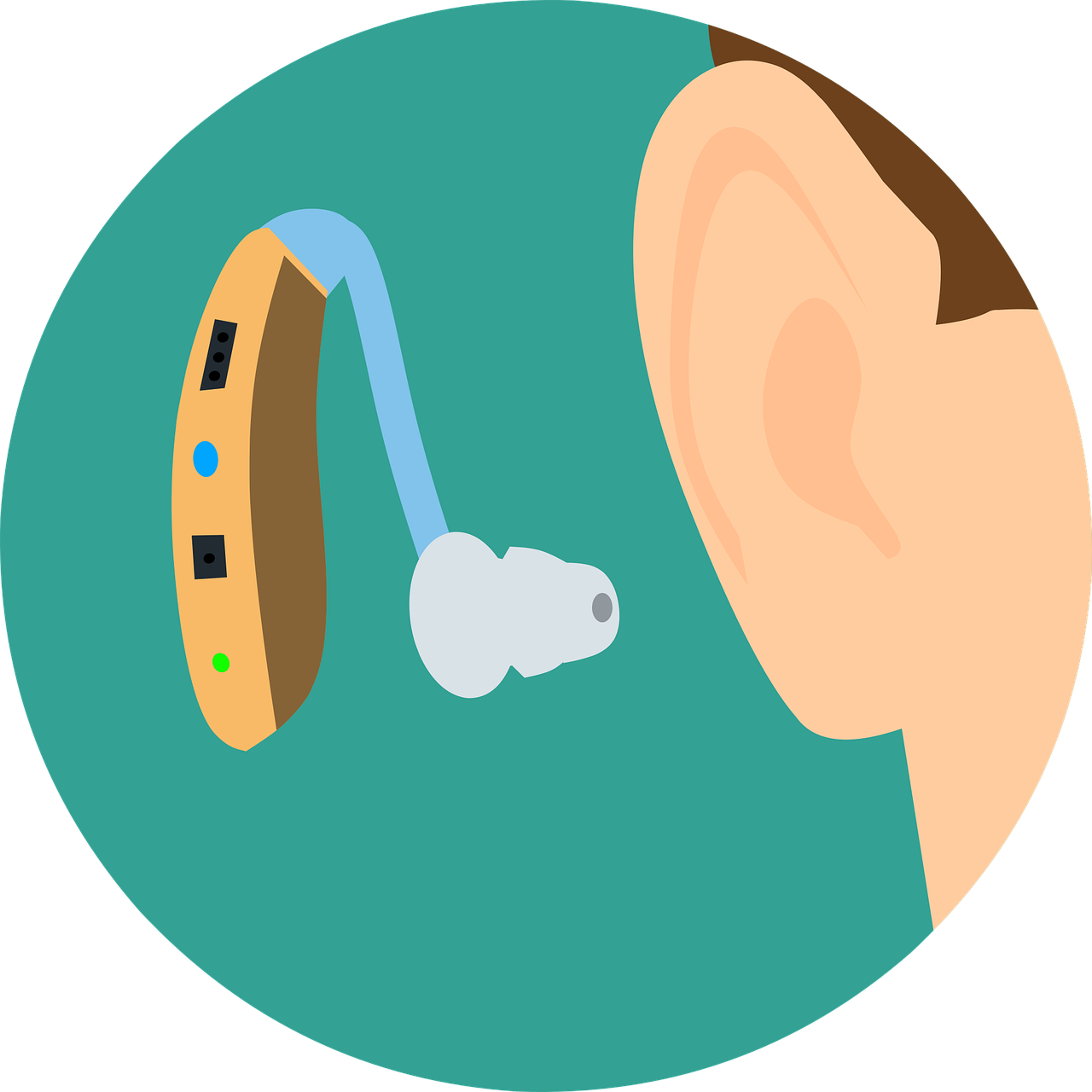Filing for bankruptcy in Utah, or anywhere else for that matter, can be a daunting process, often accompanied by worries about what assets will be affected. For individuals reliant on health aids including hearing aids, wheelchairs and C-pap machines, the concern over whether these essential devices will be lost in the bankruptcy process is understandable. However, the impact of bankruptcy on health aids depends on various factors, including the type of bankruptcy filed, the value of the assets, and Utah law.
Utah, like other states, allows individuals filing for bankruptcy to exempt certain assets from the bankruptcy estate. These exemption laws protect essential items needed for daily living, such as clothing, household goods, and tools of the trade. While exemptions vary depending on the type of bankruptcy filed, Utah offers exemptions that may include personal items like hearing aids.
Chapter 7 bankruptcy, also known as liquidation bankruptcy, involves selling non-exempt assets to pay off creditors. However, Utah’s bankruptcy exemptions may cover the value of hearing aids, ensuring they are not seized to satisfy debts.
It’s essential to disclose all assets accurately when filing for bankruptcy, including hearing aids. Failure to disclose assets can result in severe consequences, including dismissal of the bankruptcy case or even criminal charges for bankruptcy fraud. Therefore, it’s crucial to work closely with a qualified bankruptcy attorney who can provide guidance on asset exemptions and ensure compliance with bankruptcy laws.
Rarely in some cases, individuals may need to provide documentation or justification for the necessity of certain health aids, to receive exemption protection. This may involve obtaining a statement from a healthcare provider confirming the medical necessity of the hearing aids for the filer’s well-being.
The impact of filing bankruptcy on health aids in Utah depends on various factors, including the type of bankruptcy filed, the value of the hearing aids, and available exemptions. While bankruptcy may pose challenges, individuals can take steps to protect essential assets like hearing aids by understanding their rights, accurately disclosing assets, and seeking guidance from a knowledgeable bankruptcy attorney.
